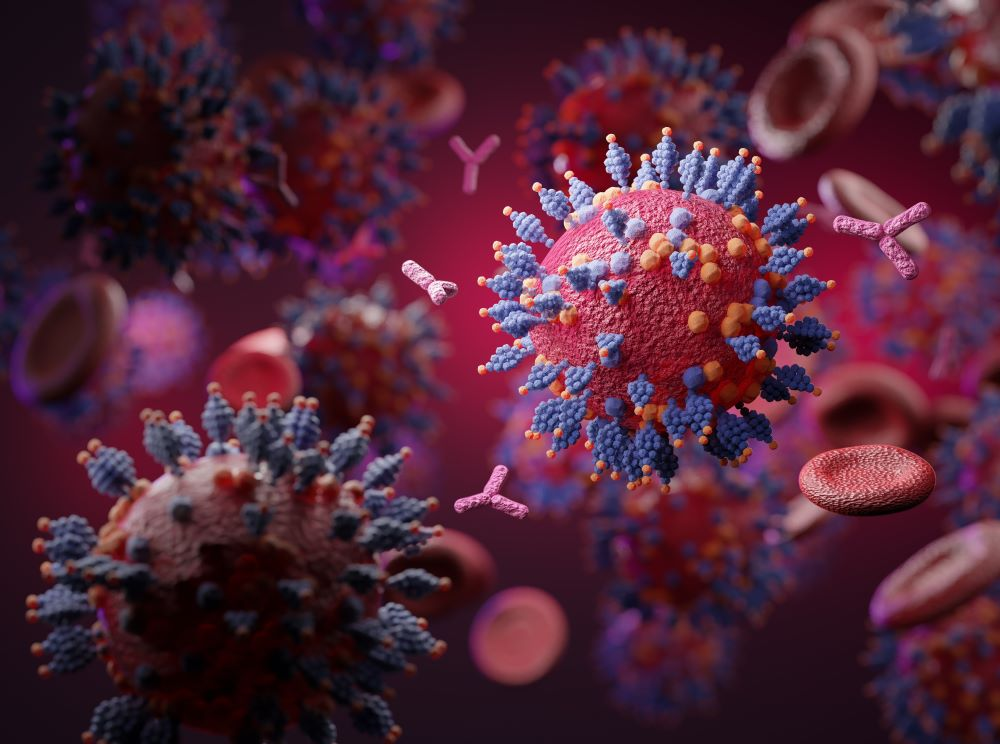The world is still recovering from the devastation of COVID-19, and now scientists are raising alarms about a newly discovered virus in the United States. The Camp Hill virus, a relative of some of the deadliest viruses known to humanity, has been identified in Alabama. Although there is currently no evidence of human infection, experts fear its potential to become a serious public health threat.
What Is the Camp Hill Virus?

The Camp Hill virus is a newly identified pathogen belonging to the Henipavirus family. This virus family includes the deadly Nipah and Hendra viruses, both of which have caused fatal outbreaks in the past. With mortality rates reaching up to 70% in some cases, Henipaviruses are among the most lethal known to science.
This marks the first time a Henipavirus has been detected in the United States, raising concerns that similar viruses could already be present in North America. Given the history of zoonotic diseases—those that jump from animals to humans—scientists are taking this discovery very seriously.
How Was the Camp Hill Virus Discovered?
Researchers identified the Camp Hill virus while analyzing frozen organ samples from shrews in Alabama in 2021. Shrews, like bats and rodents, are known reservoirs for various viruses. The detection of a Henipavirus in these animals suggests that the virus has been present for some time but remained undetected.
Dr. Rhys Parry, the lead researcher on the study, confirmed that no human cases have been reported yet. However, experts warn that many deadly viruses go undetected in their early stages before eventually emerging as global threats.
Video : Experts Concerned About New Virus Found in Bats!
Why Are Scientists Concerned?
Henipaviruses have been responsible for severe outbreaks in the past, causing a range of symptoms from respiratory failure to brain inflammation (encephalitis). The concern with the Camp Hill virus lies in its genetic similarities to Nipah and Hendra, both of which have led to significant human fatalities.
Key Facts About Henipaviruses:
- Nipah virus has caused multiple outbreaks in South and Southeast Asia, with fatality rates as high as 75%.
- Hendra virus, discovered in Australia, has a mortality rate of around 57% and has been transmitted to both humans and animals.
- Henipaviruses have no approved vaccines or treatments, making infections difficult to control.
Given the deadly nature of its relatives, scientists fear the Camp Hill virus could pose a significant threat if it evolves the ability to infect humans.
What Symptoms Could the Camp Hill Virus Cause?

If the Camp Hill virus follows the pattern of other Henipaviruses, symptoms in humans could range from mild to life-threatening. Based on data from previous outbreaks, potential symptoms may include:
Early Symptoms:
- Fever
- Headache
- Muscle aches
- Nausea and vomiting
Severe Symptoms:
- Acute respiratory distress (difficulty breathing)
- Seizures and convulsions
- Severe encephalitis (brain swelling)
- Multi-organ failure leading to death
Should the virus mutate to allow human transmission, it could become even deadlier than COVID-19 due to its high mortality rate.
Could the Camp Hill Virus Spark Another Pandemic?
Video : What to know about norovirus as cases surge across U.S.
While it is too early to say for certain, public health experts warn that the potential exists. Historically, deadly viruses have made the leap from animals to humans, often with devastating consequences:
- SARS-CoV-2 (COVID-19) originated in bats before spreading to humans, leading to a global pandemic.
- Ebola was first detected in wild animals and later infected humans, causing deadly outbreaks.
- Nipah virus was initially found in fruit bats before jumping to humans.
The fact that the Camp Hill virus is a Henipavirus—a family known for zoonotic spillover—means that its risk of infecting humans cannot be ruled out.
What Needs to Be Done Now?
To prevent a potential outbreak, scientists and health organizations are calling for immediate action:
1. Increased Surveillance of Wildlife
More research is needed to determine how widespread the virus is among animals in North America. Monitoring shrews, bats, and other potential carriers will be crucial in understanding its reach.
2. Rapid Diagnostic Test Development

If the virus does pose a risk to humans, early detection will be critical. Developing reliable diagnostic tests can help identify cases before they spread.
3. Investment in Vaccine Research
Currently, no approved vaccine exists for any Henipavirus. Funding research to develop a vaccine could be the key to preventing a future pandemic.
4. Public Awareness and Preparedness
Government agencies must educate the public about zoonotic diseases and the importance of avoiding direct contact with wild animals. Preventative measures should be in place to minimize human exposure.
Final Thoughts: A New Threat on the Horizon?
The discovery of the Camp Hill virus is a stark reminder that new viral threats can emerge at any time. While there are no confirmed human cases yet, experts warn that complacency is not an option.
The world was caught off guard by COVID-19, but this time, we have an opportunity to act before another pandemic emerges. Surveillance, research, and preparedness are key to ensuring that if the Camp Hill virus ever reaches humans, we are ready to stop it in its tracks.
One thing is certain: staying vigilant is the best way to prevent history from repeating itself.


